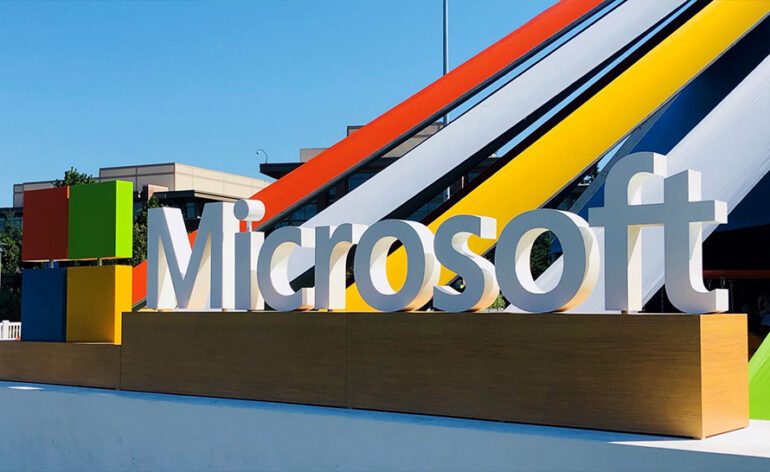TL;DR:
- Microsoft explores the use of natural language processing in large language models (LLMs) for SQL queries.
- The NL2SQL sandbox project offers developers a platform to experiment with GPT-4’s ability to generate SQL queries from natural language expressions.
- Microsoft emphasizes the experimental nature of the project and shares best practices for secure usage.
- The project aligns with the company’s commitment to AI-driven SQL solutions, following the introduction of “Copilot” for SQL Server Developer Tools.
- The open-source Semantic Kernel SDK facilitates easy integration of AI services with conventional programming languages.
Main AI News:
In a groundbreaking development, Microsoft has harnessed the power of natural language processing capabilities in large language models (LLMs) to transform SQL query generation. Leveraging the Semantic Kernel SDK, developers and data professionals now have access to the NL2SQL sandbox, an experimental project aimed at exploring the potential of LLMs, particularly GPT-4, in generating SQL queries directly from natural language expressions.
The NL2SQL project, residing within the Natural Language to SQL Console GitHub repository, offers an intriguing opportunity to delve into the capabilities and limitations of GPT-4, a cutting-edge LLM developed in collaboration with OpenAI. While acknowledging the existence of alternative solutions like WikiSQL and Spider, Microsoft stresses that NL2SQL serves as a demonstrative platform rather than a guaranteed production-grade solution.
Elaborating on this initiative, an announcement on August 4 highlighted the project’s primary focus on uncovering the inherent strengths and weaknesses of GPT-4. Microsoft is committed to sharing its approach, insights, and best practices gleaned from this experimental undertaking.
Some of the key best practices shared include enforcing least privilege, adopting secure credential management practices, and implementing injection prevention to safeguard against unauthorized access and data exposure. Additionally, Microsoft advises capturing and describing the database schema at design-time to facilitate thorough review and refinement, aligning with the principles of least privilege.
Microsoft’s approach adheres to several fundamental principles, such as avoiding synchronization of an existing database to vector-storage to prevent consistency issues and eschewing data injection into the prompt-frame due to token limits. Moreover, the system must remain flexible, accommodating various database schemas and platforms without being hardcoded to any specific configuration.
The tech community has expressed significant interest in leveraging the Semantic Kernel SDK to interact with relational databases using natural language expressions, and the open-source SDK facilitates seamless integration of AI services with conventional programming languages.
To make the adoption of this technology seamless for developers, the GitHub repository for the sandbox project includes a pre-configured Visual Studio solution, enabling them to explore and evaluate the potential of LLMs for SQL queries effectively.
Notably, this experimental foray into SQL query generation isn’t Microsoft’s first venture into the domain of AI-driven SQL solutions. The company previously unveiled an AI-powered “Copilot” for SQL Server Developer Tools (SSDT) in Visual Studio, further showcasing its commitment to advancing AI capabilities in the SQL ecosystem.
Conclusion:
Microsoft’s NL2SQL sandbox project represents a significant step towards harnessing the potential of natural language processing in generating SQL queries. By showcasing the capabilities and limitations of GPT-4, the company paves the way for innovative AI-driven data querying solutions. This development signals a growing interest in AI-powered database interactions, promising new opportunities for businesses to optimize data handling, improve query efficiency, and enhance overall productivity in the market. As AI continues to evolve, organizations that embrace such advancements are likely to gain a competitive edge in the rapidly changing landscape of database technologies.

